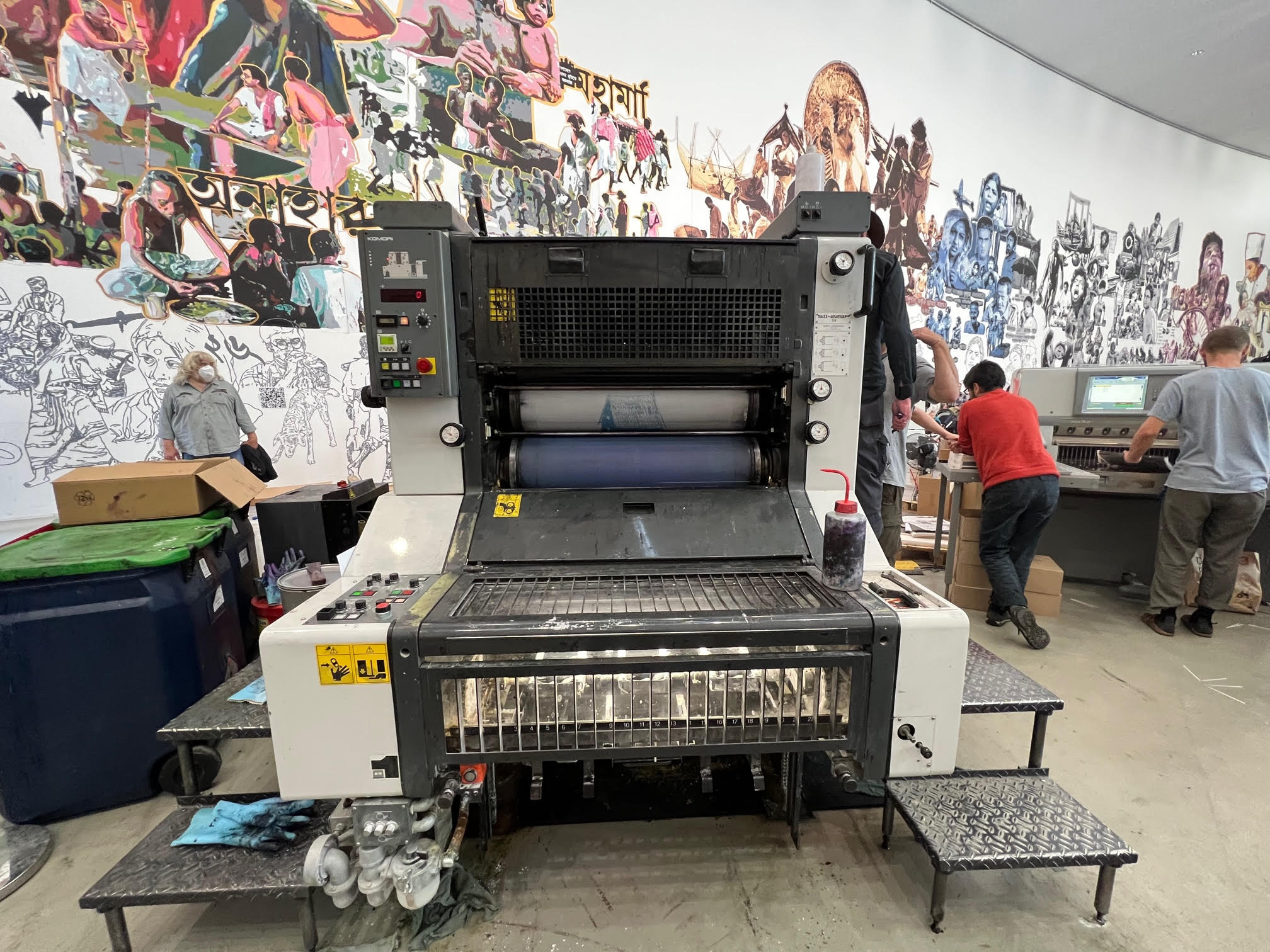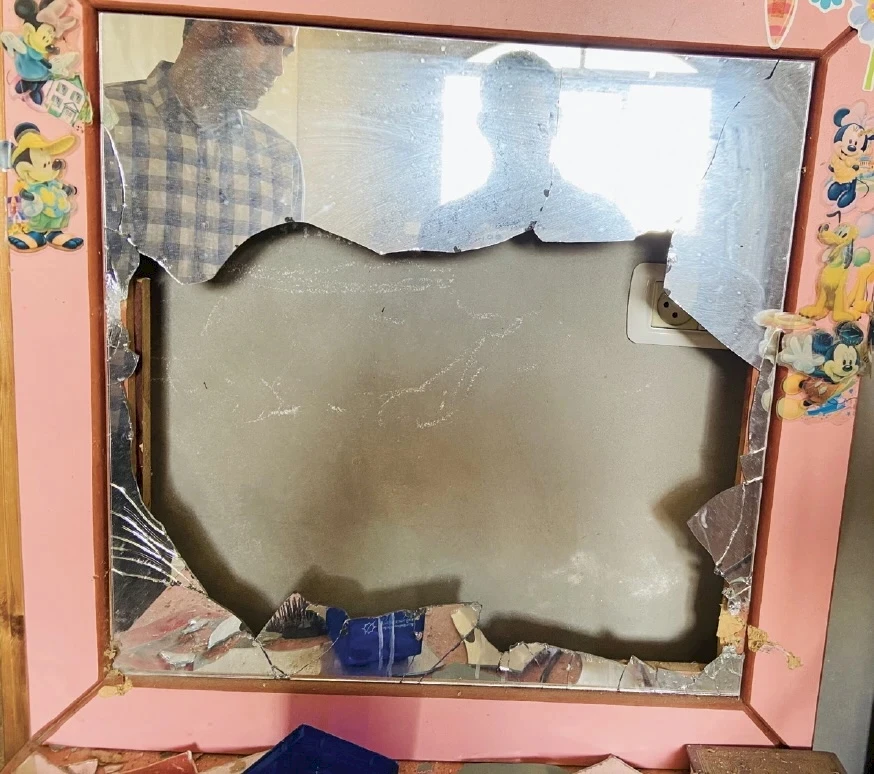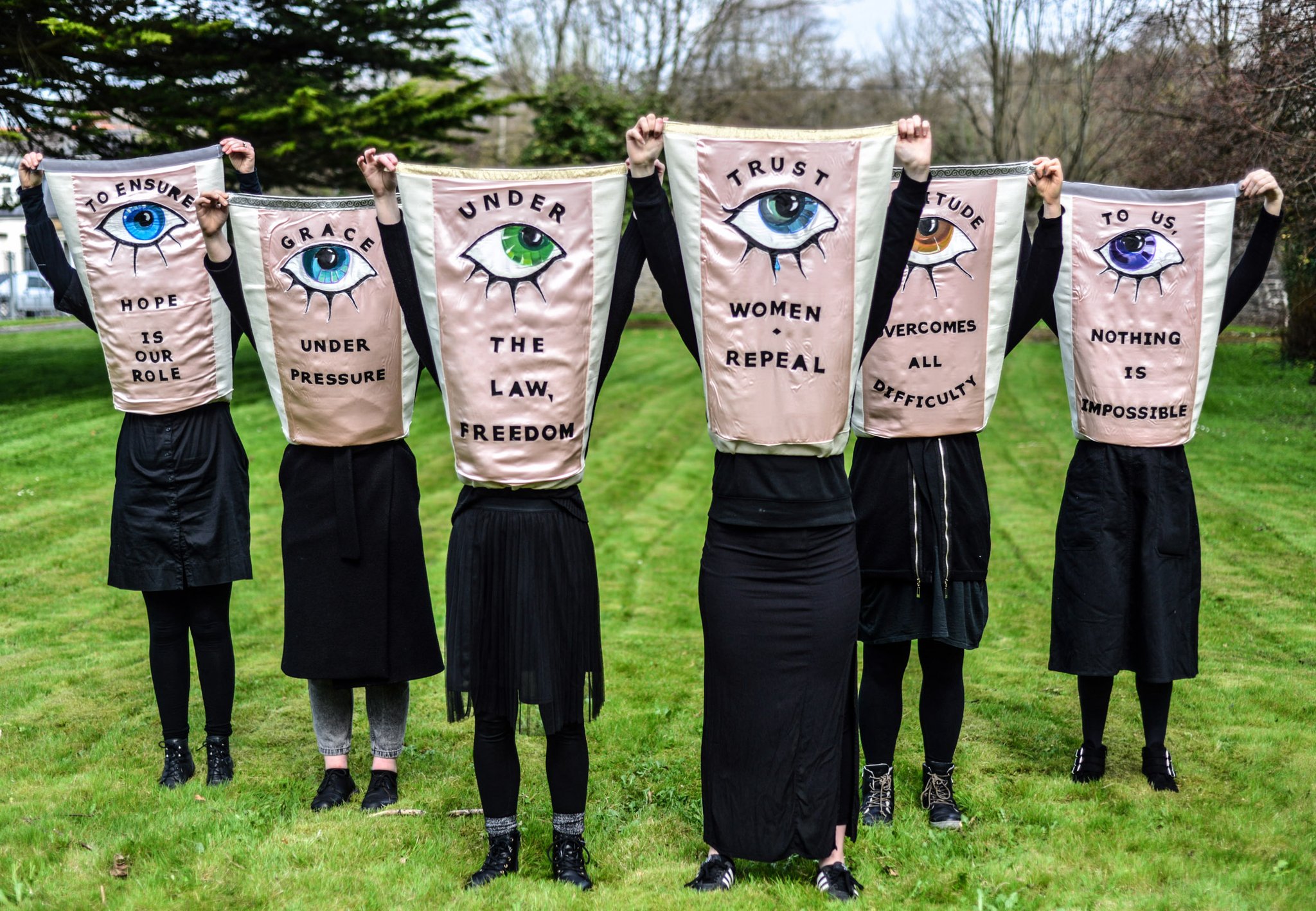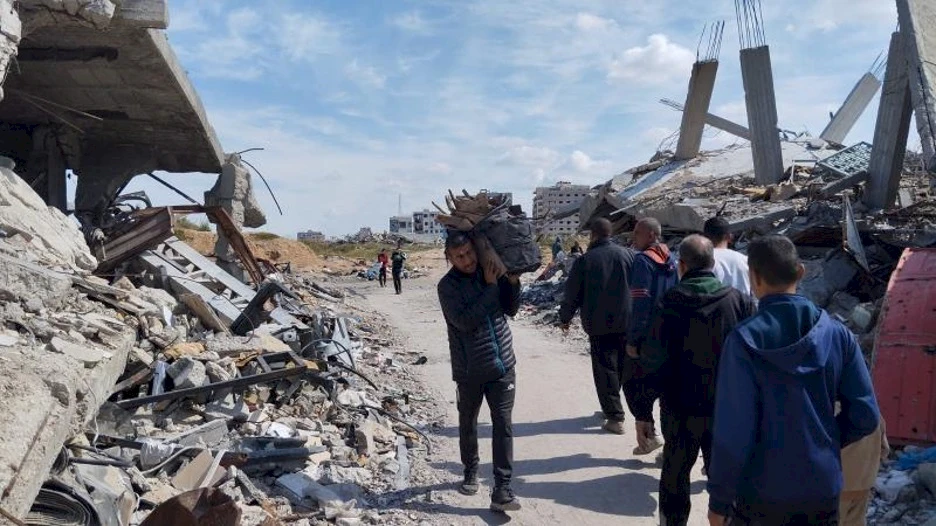Editors’ Picks: Declan Long
As part of a series, members of L’Internationale Online editorial board revisit the archive of the platform, selecting contributions that resonate for them, their practice and the Museum of the Commons project. Here Declan Long points to texts by Yousri al-Ghoul, Rana Issa, Erick Beltrán and Sarah Browne as examples of the diverse narratives that sit side by side on L’Internationale Online.
I read about the arrest of Mahmoud and Murad Muna, proprietors of East Jerusalem's Educational Bookshop, while queuing to buy a book in Dublin. Glancing at news updates on my phone, I scanned the details, then pressed play on a clip showing CCTV footage of the raid: grainy shots of Israeli police bundling books into bin-bags – publications that contained, they claimed, ‘incitement and support for terrorism.’ Confiscated texts included such incendiary material as a children’s colouring book.
In my hand in that Dublin bookshop, oddly enough, was a copy of Fitzcarraldo’s reissued edition of Edward Said’s The Question of Palestine – and for that reason, perhaps, I later recalled a phrase of Said’s that seemed to crystallise the underlying logic of the aggressively absurd Jerusalem raid. However frivolous the apparent focus – kids’ books as evidence of seditious intent – the seizure’s invasive aims aligned with an enduring principle: the denial, as Said put it, of ‘permission to narrate’. In an essay of that name from 1984, Said chronicled and analysed published responses to the Palestinian predicament, arguing that media coverage continued to find ‘inadmissible’ the existence of a ‘Palestinian people whose history, actuality and aspirations…pointed towards self-determination’. Even if Palestinian populations featured in news reporting, Said wrote, ‘the narrative of their present actuality – which stems directly from the story of their existence in and displacement from Palestine, later Israel – that narrative is not’. Over forty years later, an assault on bookshop owners is, of course, far from the worst episode in the current nightmare; but the rationale for binning and banning books remains consistent with a political and military strategy studied by Said in his 1984 essay: the continuing effort ‘to reduce Palestinian existence as much as possible’, and so too, then, to reduce all means – including children’s books – by which such existence might be effectively and variously narrated.
Reflecting on contributions to L’Internationale Online, the phrase ‘permission to narrate’ feels apposite (even if we might debate whether terms other than ‘permission’ would today be preferable). L’Internationale Online is a library of diverse, distinctive, open-ended narratives, stories told in shifting registers, in numerous languages, representing multiple perspectives. ‘Present actuality’ is explored and experienced in many forms. Much that we find here might not – could not – appear elsewhere; and, crucially, we encounter it in unorthodox, enlivening combinations, as if browsing the shelves of an especially well-stocked and wide-ranging bookshop. (Three headlines from the homepage as I write: ‘Archivos negros. Episodio I. Internacionalismo radical y panafricanismo en el marco de la guerra civil española’; ‘Rethinking Comradeship from a Feminist Position’; ‘Eating clay is not an eating disorder’.)
Among the contents, the pressures of narrating past and present experience, or future possibility, are acutely felt. Novelist Yousri al-Ghoul’s highly personal report on the ‘destruction of libraries in the Gaza Strip’ begins from a beautiful vision of unhindered access to innumerable texts (‘I often dreamed of living my life surrounded by books, moving from one to another – diving into a dictionary then exploring an encyclopedia, searching through indexes, and skimming through countless references each day’) but breaks the heart with its account of the obliteration of book collections. For al-Ghoul, a fundamental issue is ‘global silence on Palestinians’ right to read – a basic freedom enjoyed elsewhere’. In ‘We Have Been Here Forever: Palestinian Poets Write Back’, Rana Issa records how ‘From the earliest days of their dispossession, Palestinians have recorded their plight in poetry’ – and in her illuminating selection, the stakes of such acts of remembrance and resistance are insistently evident, especially, perhaps, where the manifold cruelties of occupation are addressed in tones of bitter irony:
I’ll be banished from the city
Before night falls: They’ll claim
I neglected to pay for the air
/Najwan Darwish
Can you take off your sunglasses and look at us here
see how the rain has flooded our streets,
how the children’s umbrellas have been pierced
by a prickly downpour on their way to school?
/Mosab Abu Toha
Considering constraints on ‘permission to narrate’, a look back at Erick Beltrán’s 2023 contribution seemed worthwhile: in ‘Some Guiding Terms for Lumbung Press: Defining “publishing”’ Beltran sets out the principles behind a Documenta 15 project in which the task of publishing ‘would be defined not by selections and judgements, but by its multiple, expansive and immediate nature’. The goal was to make a printing press available, but also to train others in its use; as Beltran writes, ‘EVERYTHING should be published unedited, in any language, in any form, trusting the creators unreservedly’ – an approach that recalls Edward Said’s memory of urging friends, during the 1982 siege of Beirut, to ‘record, write down their experiences; it seemed crucial as a starting-point to furnish the world some narrative evidence, over and above atomised and reified TV clips’.
One other text, from a little further back – and from my own part of the world – seems worth adding to this selection: Sarah Browne’s 2018 essay on ‘Feminism, Survival and the Arts in Ireland’ details issues underpinning abortion rights campaigning, and the work of Irish artists, and others, in compiling and promoting ‘testimonials and acts of storytelling’. Browne cites numerous present-day artist-activists but also figures of historical consequence such as writer Edna O'Brien, whose ‘1962 novel The Country Girls was banned, burned and denounced from the pulpit’. As in the work of other L’Internationale Online contributions singled out here, Browne highlights how ‘feminists know well the task of working with gaps and exclusions throughout history: working with the materials that are not there in the archive, as well as making the most out of what is’.
Yousri al-Ghoul, ‘The Library and the Massacre: A Novelist's Testimony on the Destruction of Libraries in the Gaza Strip’, 2025
Rana Issa, ‘We Have Been Here Forever: Palestinian Poets Write Back’, 2024
Erick Beltrán, ‘Some Guiding Terms for Lumbung Press: Defining “publishing,”’, 2023
Sarah Browne, ‘Feminism, Survival and the Arts in Ireland’, 2018
Declan Long is Head of Doctoral Studies and Co-Director (with Francis Halsall) of the MA/MFA Art in the Contemporary World at the National College of Art & Design, Dublin, Ireland.

Dieter Kölsch printing at documenta Halle, Kassel, 2022. Photo: Fred Hansen.

Where is the rest of me? Shattered in pieces. Photo: Mosab Abu Toha

Rachel Fallon, Aprons of Power, 2018. Apron wearers: Lynn-Marie Dennehy, Emma Finucane, Eleanor Phillips, Kim Gleeson, Nuala Clarke, and Nicole Flanagan. Performance as part of the Artists’ Campaign to Repeal the Eighth Amendment, shown at EVA International 2018. Photo/courtesy: Darren Ryan.

Collecting wood for fire, Yousri al-Ghoul, Gaza City, Spring 2024
Related contributions and publications
-
Editors’ Picks: Nick Aikens
Nick AikensEditors' Picks -
Editors’ Picks: Ezgi Yurteri
Ezgi YurteriEditors' Picks -
Editors’ Picks: Eric Otieno Sumba
Eric Otieno SumbaEditors' Picks -
Editors’ Picks: Cathryn Klasto
Cathryn KlastoEditors' Picks -
Editors’ Picks: Jasna Jakšić
Jasna JakšićEditors' Picks -
Editors’ Picks: Yolande Zola Zoli van der Heide
Yolande Zola Zoli van der HeideEditors' Picks -
Editors’ Picks: Fran MM Cabeza de Vaca
Fran MM Cabeza de VacaEditors' Picks -
Editors’ Picks: Declan Long
Declan LongEditors' Picks